Bitfinity + ICP: Because Even the Internet Needs a Hero
Discover the transformative power of Internet Computer Protocol (ICP) with Bitfinity, revolutionizing Web 3.0 for a decentralized, secure, and user-centric internet experience.

The internet never stops evolving, and emerging blockchain technologies continue leading the charge. One such innovation is the Internet Computer Protocol (ICP), which aims to redefine the very fabric of the internet as we know it. Let us delve into why this transition is significant and how Bitfinity leverages this to create immense value within web 3.
Internets Transition
Web 3 has many definitions, but in a nutshell it represents the next phase in the internet's evolution, introducing the concepts of 'earn' and 'own'. Unlike Web 2, where users could read and write content without direct ownership or compensation, Web 3 empowers users to own their data and 'potentially' earn from it. A new change where control is given back to individuals, and out of the hands of intermediaries. Letting them decide what happens with their personal information.
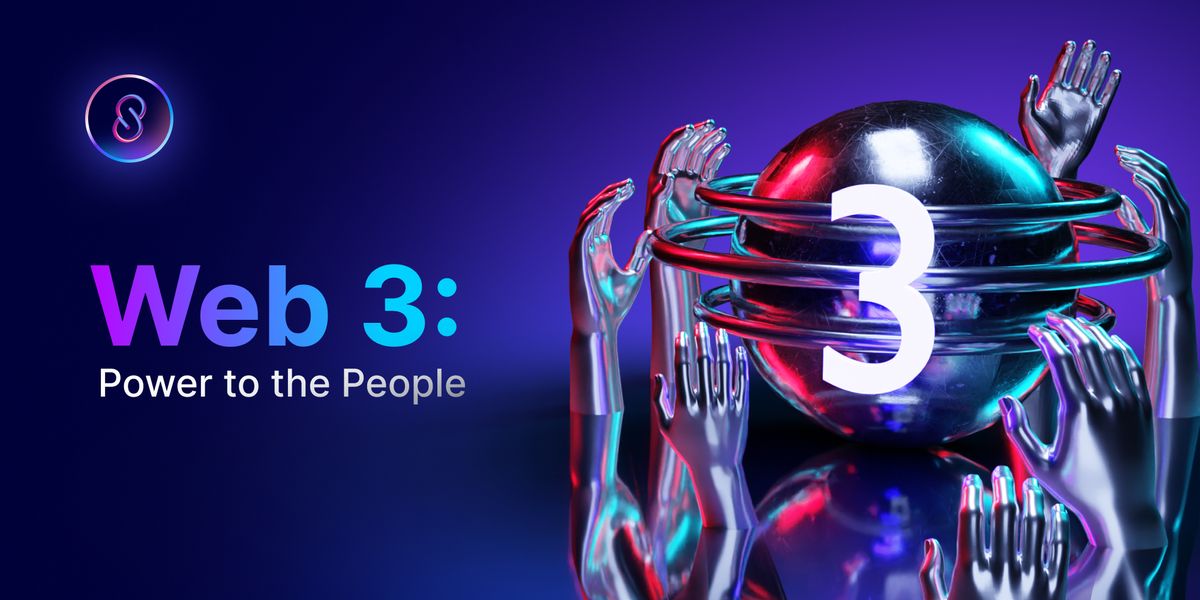
Access to New Opportunities
Web3 brings forth a myriad of opportunities for individuals that want to enhance their personal and professional growth. Where new entrants can deploy a functioning DAO, for instance, in which they can open doors to high-paying jobs in the tech industry, or the emerging crypto industry, which is being formed as we speak.
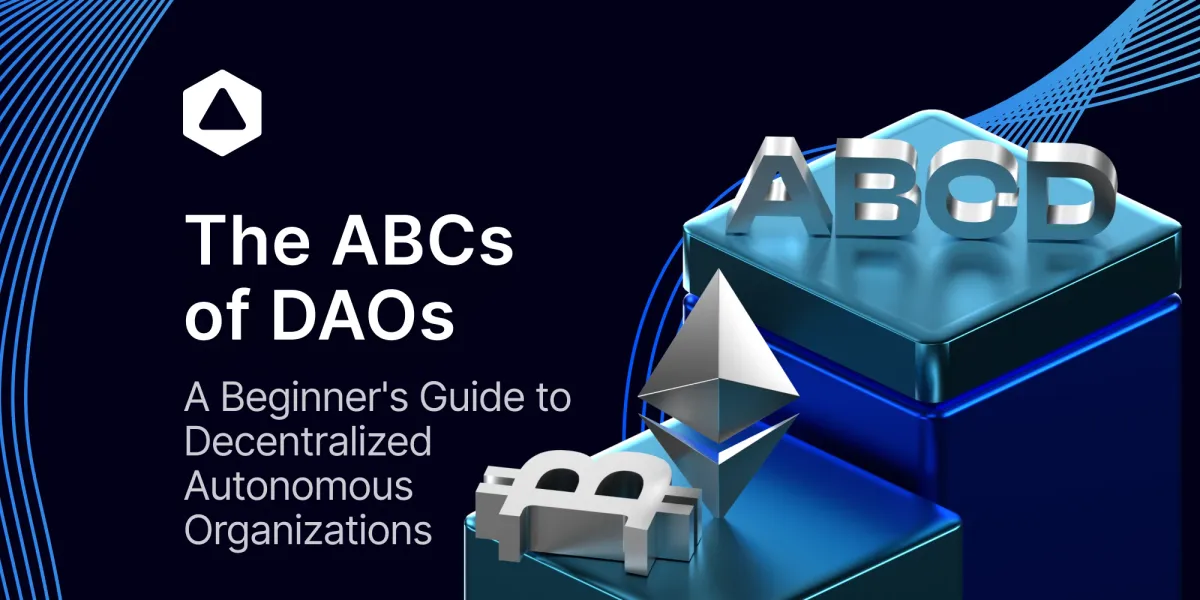
Trust in Blockchain Technology
But also enterprises can benefit from a transition to decentralized and on-chain environments, and cut down on expenses and contribute to an image of innovation to their customers.
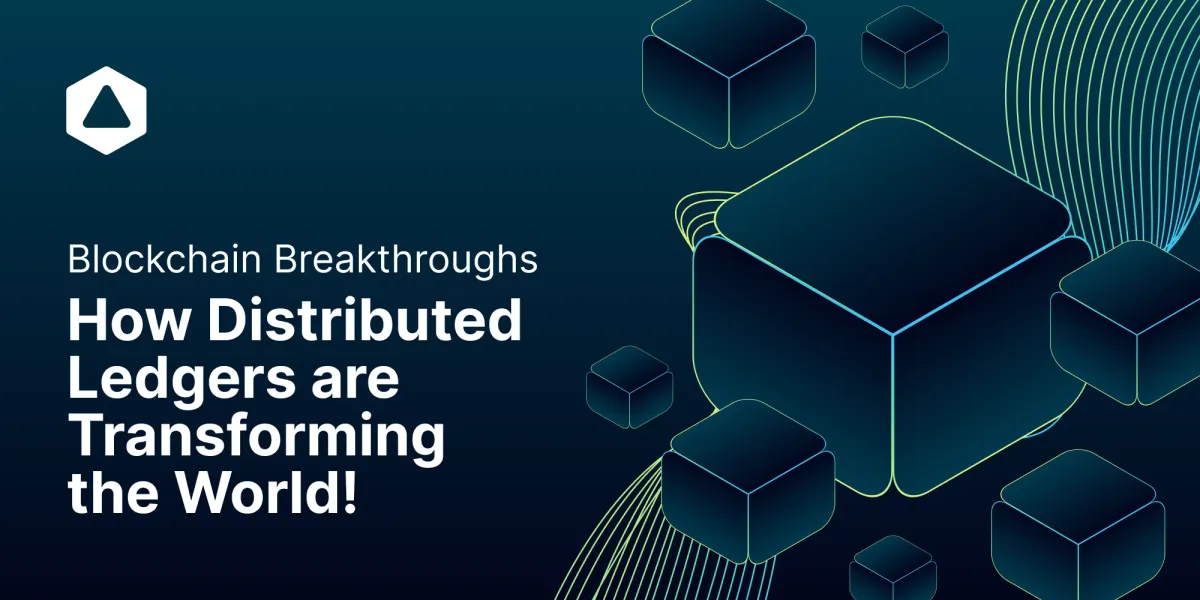
But the technology needs to be accessible and needs to be like trusting the engineering of an airplane without needing to understand the mechanics. In a way, everyone can use the blockchain to be as efficient and transparent as possible without needing a deep technical grasp of the underlying processes.
Challenges of Current Blockchain Systems
Current blockchain systems such as Bitcoin and Ethereum face issues such as slow transaction speeds and high fees. Bitcoin, the oldest and wisest of them all, is the undeniable leader in the space, but is known for its slow transaction times and costly fees.
Ethereum, on the other hand, has variable transaction costs, a.k.a. gascosts, that skyrocket every once in a while, making it impractical for global adoption due to the high expense per transaction. This ofcourse wouldn’t be if it was up to Bitfinity, but we get to it later in this article and have extensively expanded in our previous ones.
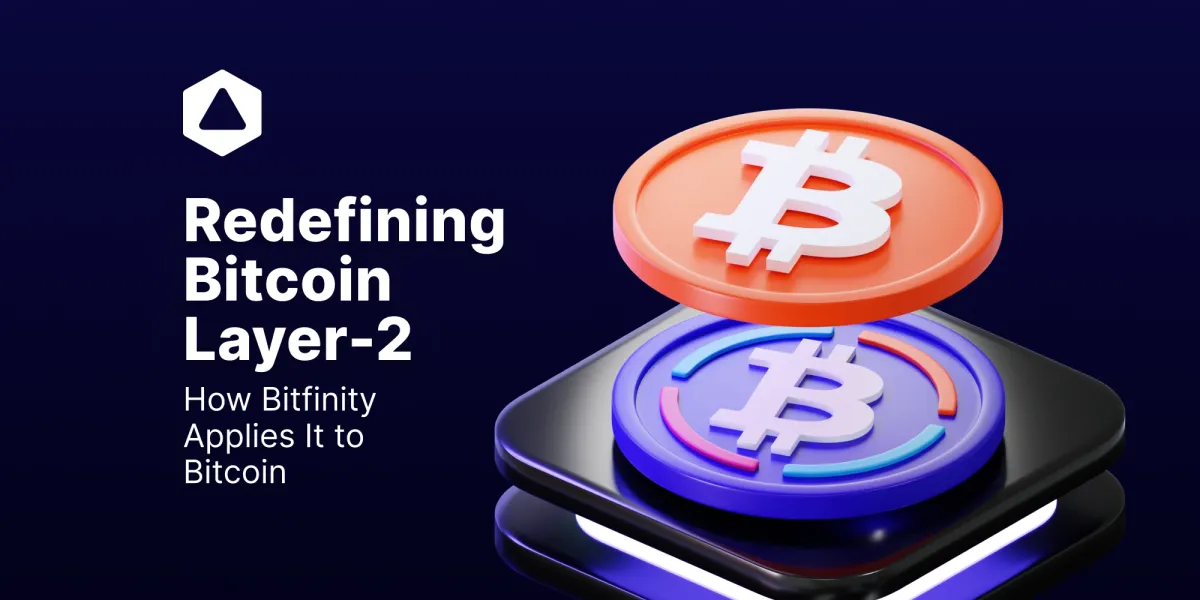
The Internet Computer
The Internet Computer is a public blockchain project developed by the DFINITY Foundation, headquartered in Zürich, Switzerland.
Its goal is to extend the functionality of the internet to support not only communications and content publishing but also back-end software logic. Creating a decentralized internet.
The Internet Computer can be considered the true embodiment of Web 3.0 because it breaks away from relying on centralized cloud systems for data storage.
Instead, it ensures that all data is stored on the blockchain, making it fully decentralized and contrasts with other approaches of blockchain platforms that are still partially dependent on cloud systems.
Key Aspects of Internet Computer include:
- Decentralization: By shifting away from centralized cloud services, ICP provides a more democratic internet where power is not concentrated in the hands of the few corporations - big tech.
- Security: The use of blockchain technology ensures transactions and contracts are secure and traceable.
- Innovation: ICP's infrastructure allows for the development of new types of secure, autonomous software but on a larger scale and in a cheaper way, these could lead to innovative applications and services.
High Low Fees and Slow Fast Transactions
ICP stands out by offering transactions at a fraction of the cost - only 0.001 per transaction. Additionally, it introduces a reverse gas fee model, where the project or company that uses the Internet Computer covers the transaction fees for the users. This is a model that removes the cost barrier for end-users and can facilitate a much wider adoption for all applications that can be thought of. Those of now and those who are still not being built.
This system ensures security and trustworthiness because all operations are recorded on the blockchain.
How Does the Internet Computer Work?
The Internet Computer works by using something called canisters, which are similar to smart contracts used on other blockchain platforms. Canisters allow developers to install their code on the public internet and run it on a decentralized network. More on canisters can be found here.
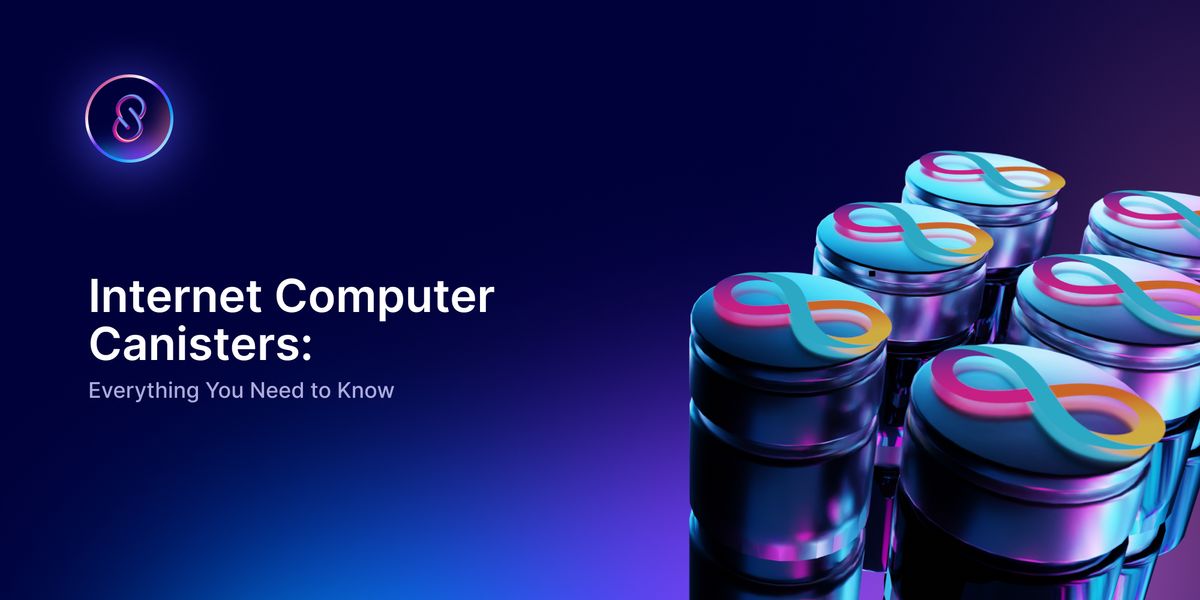
Bitcoin Integration on the Internet Computer
The uniqueness of Bitcoin integration on the Internet Computer lies in the approach taken to achieve compatibility between the two very different systems. Rather than relying on intermediaries, the Internet Computer's integration with Bitcoin is direct, which means there are no centralized parties needing to trust.
By building interfaces that canister developers can use, the direct signing of transactions and reading of the Bitcoin blockchain is enabled.
The Internet Computer's integration with Bitcoin hinges on two components:
- Access to the UTXO Set: A special canister keeps track of all valid unspent transaction outputs (UTXOs) in Bitcoin, which represent all the spendable Bitcoins. This canister continuously updates its state with information from the Bitcoin network, allowing other canisters to query the latest Bitcoin balances and UTXOs.
- Chain Key Signing: Which is a secure way for canisters to sign transactions. In traditional Bitcoin transactions, a secret key signs a transaction, which can then be verified with the corresponding public key. On the Internet Computer, this signing process is integrated into the canisters, allowing them to execute Bitcoin transactions in a trustless manner.
Chain-Key Bitcoin - ckBTC
Chain-Key Bitcoin, or ckBTC, is a digital token that mirrors the value of Bitcoin on a 1:1 basis. It provides users with the ability to interact with DeFi applications on the Internet Computer while still maintaining exposure to Bitcoin’s value.
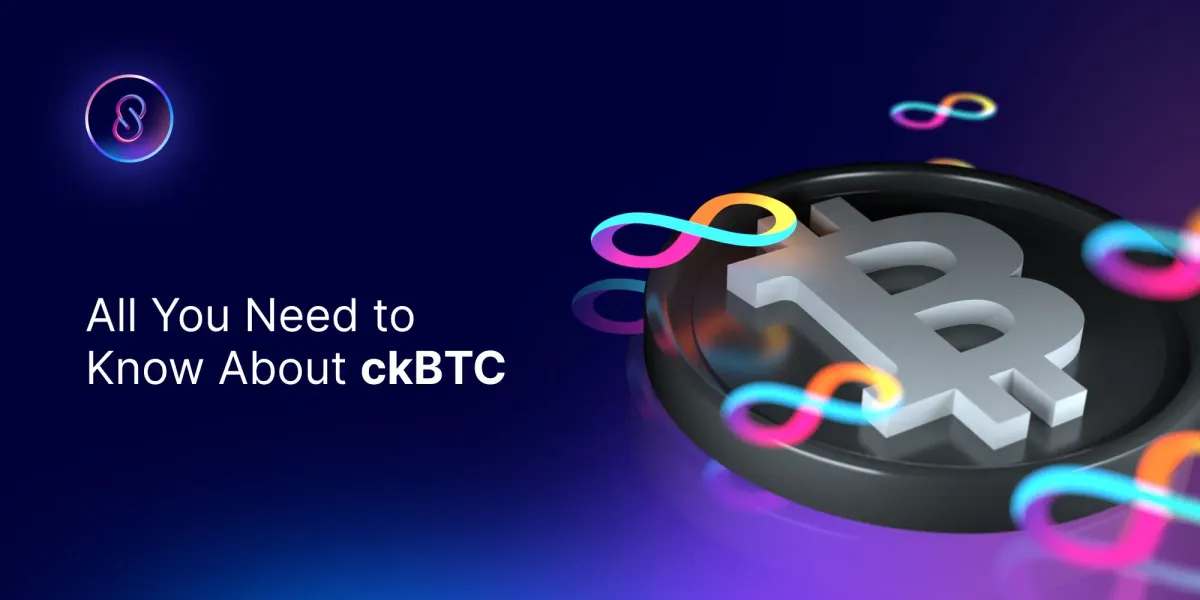
Notably, the ckBTC system operates entirely on the mainnet, ensuring that each ckBTC is fully backed by a corresponding BTC, offering a layer of security and trustworthiness to its users.
ckBTC Ledger
The ckBTC ledger plays a crucial role in the Internet Computer ecosystem because it maintains the account balances and allows the transfer of ckBTC between accounts. It also empowers the ckBTC minter to create (mint) and destroy (burn) ckBTC tokens.
ckBTC Minter
The ckBTC minter is the cornerstone of the minting and burning process for ckBTC tokens and ensures tokens are only created when a user sends bitcoins to a designated Bitcoin address, which also serves to uniquely identify the owner.
The flow for the ckBTC minter is the following;
- Minting Tokens: Users mint ckBTC by transferring bitcoins to a specific address managed by the ckBTC minter. Each address uniquely identifies the bitcoin owner.
- Transaction Confirmation: The minter waits for confirmations of Bitcoin transactions that affect the total supply of ckBTC, accommodating for Bitcoin’s lack of finality.
- Retrieving Bitcoin: Upon requests for Bitcoin retrieval, the minter burns the corresponding amount of ckBTC and then transfers the actual BTC to the user, accounting for any necessary fees through a standard Bitcoin transaction.
For those seeking more in-depth knowledge about the ckBTC minter, detailed information is readily available on its GitHub.
Different than Traditional Wrapped Bitcoin
CkBTC is considered to be more secure than traditional wrapped Bitcoin because it does not depend on any individual or centralized party that can compromise the system.
Instead, it is entirely governed by smart contracts/canisters and the Internet Computer protocol. This is particularly done to ensure that the technology is trusted more than any centralized people who are prone to make human errors or engage in risky investment strategies with the underlying assets. As was the case with the centralized entity like FTX.
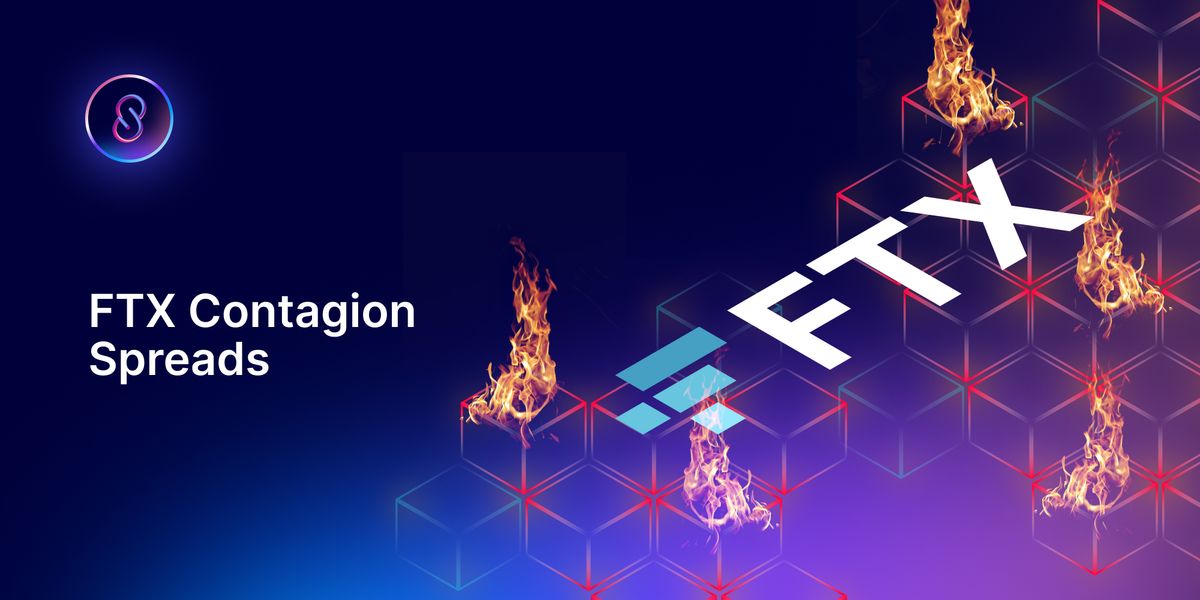
Compliance with GDPR
On top of this, the Internet Computer has introduced a European subnet designed to comply with the General Data Protection Regulation (GDPR). Which allows developers to create decentralized applications (DApps) that adhere to privacy regulations and keeps it in line with European users' personal data laws.
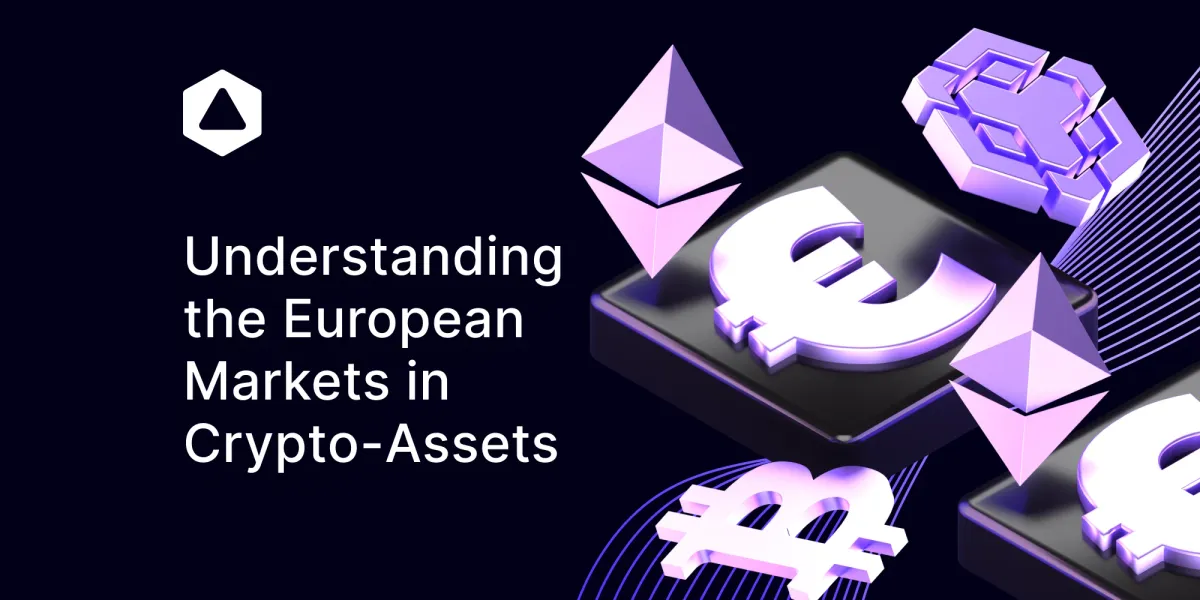
By tagging a canister smart contract with GDPR, it ensures that the data is replicated exclusively within the EU, enabling developers to build enterprise systems in compliance with privacy laws.
Bitfinity on Top Leveraging Internet Computer Technology
Bitfinity, not to be confused with ICP’s Dfinity, leverages the IC's robust architecture and uses these functionalities for their own benefit.
For instance, Bitfinity allows the canisters to create a fully functionable EVM that leverages Bitcoin's enormous liquidity and brings the smart contract magic from Ethereum to Bitcoin.
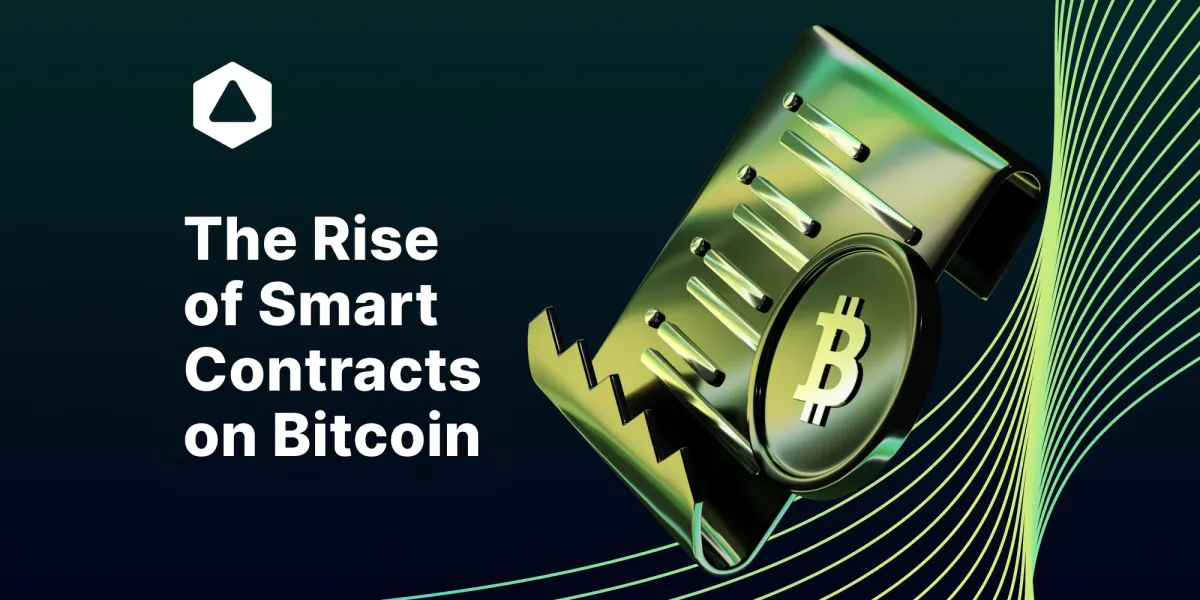
This capability opens the door for numerous and diverse opportunities for both developers and individuals that want to experiment with the new token standards both major networks have to offer.
Future for the Computer of The Internet
Looking ahead, the Internet Computer is set to integrate Web 3 in all different ways and if ICP succeeds, it could be as transformative for the internet as Bitcoin has been for money. It represents a move towards a more decentralized, secure, and user-sovereign internet. This shift could reduce the power of big tech companies, lead to new forms of digital services, and democratize the digital economy. Called the ‘Blockchain Singularity’.
The concept of "Blockchain Singularity" proposed by Dfinity as its goal for the Internet Computer blockchain is that all digital systems and services will ultimately run directly on the blockchain instead of using external cloud infrastructure, unlike some other platforms that focus on specific uses or still rely on cloud services for non-transactional operations even if transactions run on-chain. Knowing their end goal, Bitfinity is one to fully commit to their potential and technology.

Connect with Bitfinity Network
Bitfinity Wallet | Bitfinity Network | Twitter | Telegram | Discord | Github

*Important Disclaimer: While every effort is made on this website to provide accurate information, any opinions expressed or information disseminated do not necessarily reflect the views of Bitfinity itself. The information provided here is for general informational purposes only and should not be considered as financial advice.



Comments ()